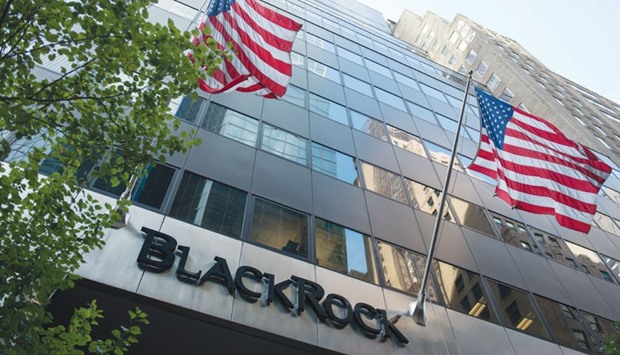BlackRock, the world’s largest asset manager, says bonds will “struggle” in 2016 as the Federal Reserve raises interest rates.
Two regional Fed bank presidents, Loretta Mester of Cleveland and John Williams of San Francisco, dismissed concerns over stumbling stocks on the first trading day of the year and said the US economy’s growth was on solid ground. Trading in derivatives indicates the fed funds effective rate will jump to 1.07% in 12 months, which implies slightly more than two 25 basis-point rate increases from the Fed by then, even with the latest turmoil from China.
“We also expect bonds to continue to struggle as interest rates drift higher on the back of Federal Reserve tightening and some stabilisation in inflation expectations,” Russ Koesterich, global chief investment strategist for New York-based BlackRock, wrote in a report on Monday. The company has $4.5tn in assets.
The 10-year US note yield fell two basis points, or 0.02 percentage point, to 2.23% in New York, according to Bloomberg Bond Trader data. The price of the 2.25% note due in November 2025 gained 5/32 or $1.56 per $1,000 face amount, to 100 6/32. The yield will climb to about 2.75% by year-end, Koesterich said.
Treasuries returned 0.9% in 2015, while a gauge of global developed sovereign debt lost 2.5%, according to Bloomberg World Bond Indexes.
Trading in China’s CSI 300 Index of shares was halted on Monday after the gauge slumped 7%, and investors pushed equity prices down around the world. The gauge rose 0.3% Tuesday.
“Underlying fundamentals of the US economy remain very sound,” the Fed’s Mester said on Monday in an interview on Bloomberg Television. “There’s going to be volatility in the markets. That’s kind of the nature of financial markets,” said Mester, who votes on monetary policy this year.
Williams, who doesn’t vote until 2018, also downplayed market turmoil, saying he expected unemployment to fall below the current level of 5% and inflation to begin moving back toward the Fed’s 2% target this year.
“We are, relative to most other countries, in very good shape, partly because we took very aggressive monetary policy actions, and other actions, to get our economy back on track,” Williams said in an interview on CNBC.
The Fed is less concerned about China and emerging economies than investors and may be too complacent, according to Philip Marey, a senior markets economist at Rabobank International, who forecasts the 10-year yield to rise to 2.55% this year.
“We expect an upward move in Treasury yields but nothing really substantial,” said Marey, who’s based in in Utrecht, the Netherlands. “Not the type of thing you would expect with a tightening cycle.” Treasury two-year yields will rise as the Fed pushes rates higher, said Kim Youngsung, head of overseas investment at South Korea’s Government Employees Pension Service in Seoul, which oversees the equivalent of $12.6bn.
“It’s going to be a tough year for short-term interest rates,” he said. “But long-term yields will be OK. There’s heavy demand for long-term yields. We have uncertainty about the stock market. We just had a Chinese shock.
That limited the increase in long-term interest rates.”
The extra yield on 30-year bonds over two-year notes shrank to 188 basis points on December 29, the narrowest since March. The difference was 194 basis points Tuesday.
Policy makers will raise their benchmark in four quarter- point steps in 2016, according to projections the central bank issued last month. They raised rates in December for the first time in almost a decade.

The BlackRock logo is displayed at the company’s offices in New York. The world’s largest asset manager says bonds will ‘struggle’ in 2016 as the Federal Reserve raises interest rates.
